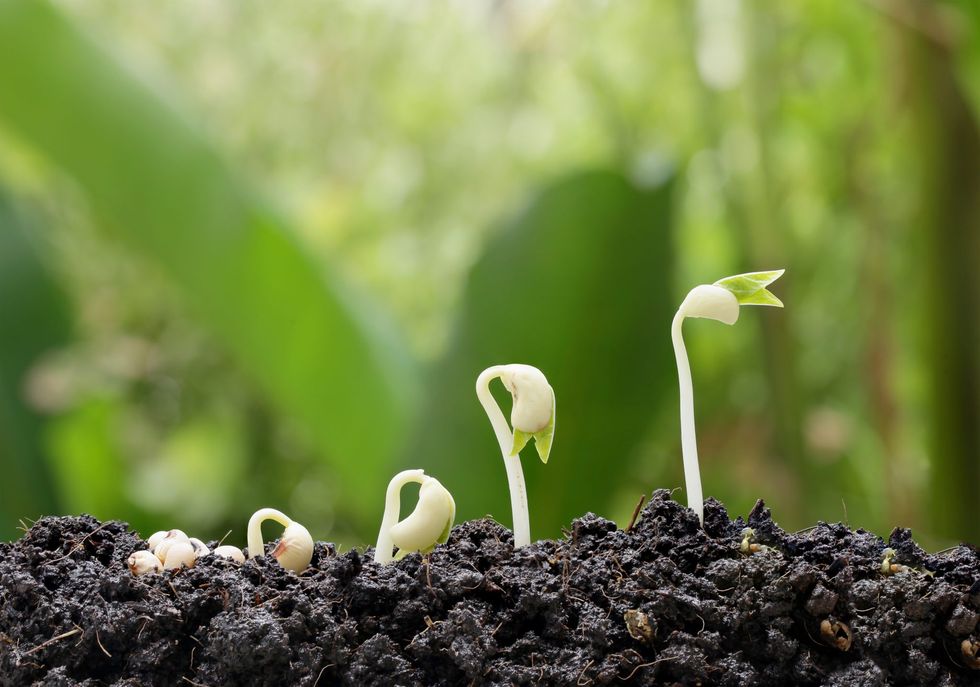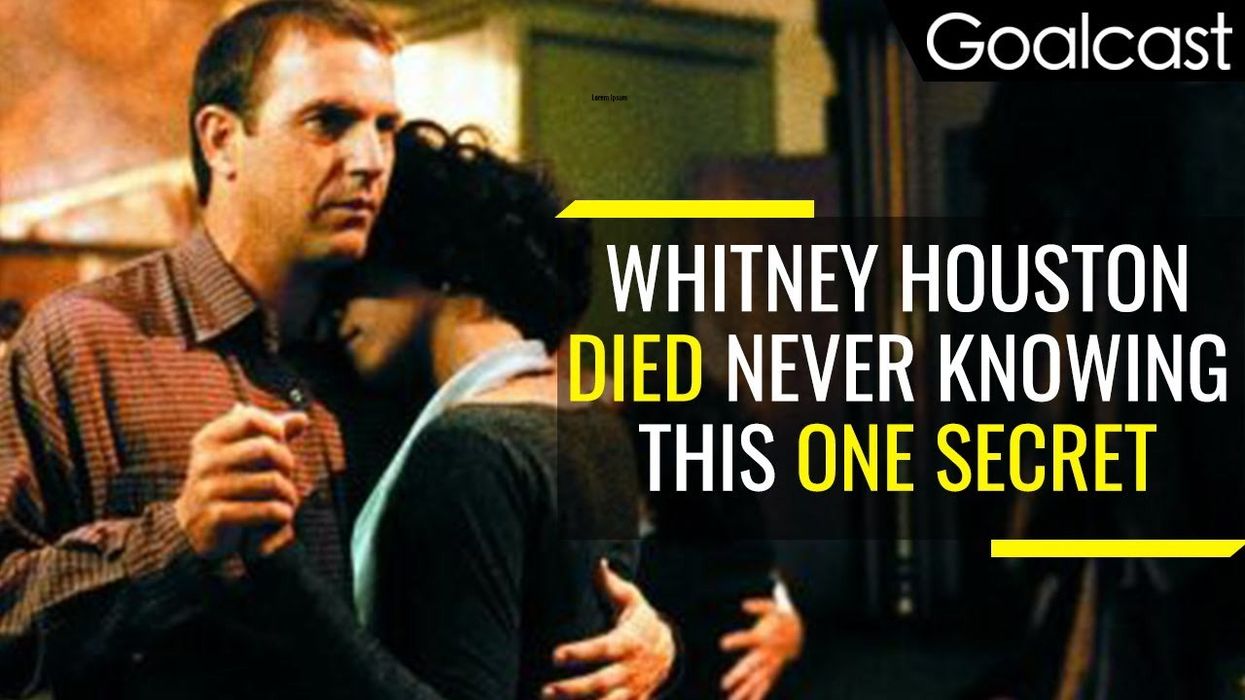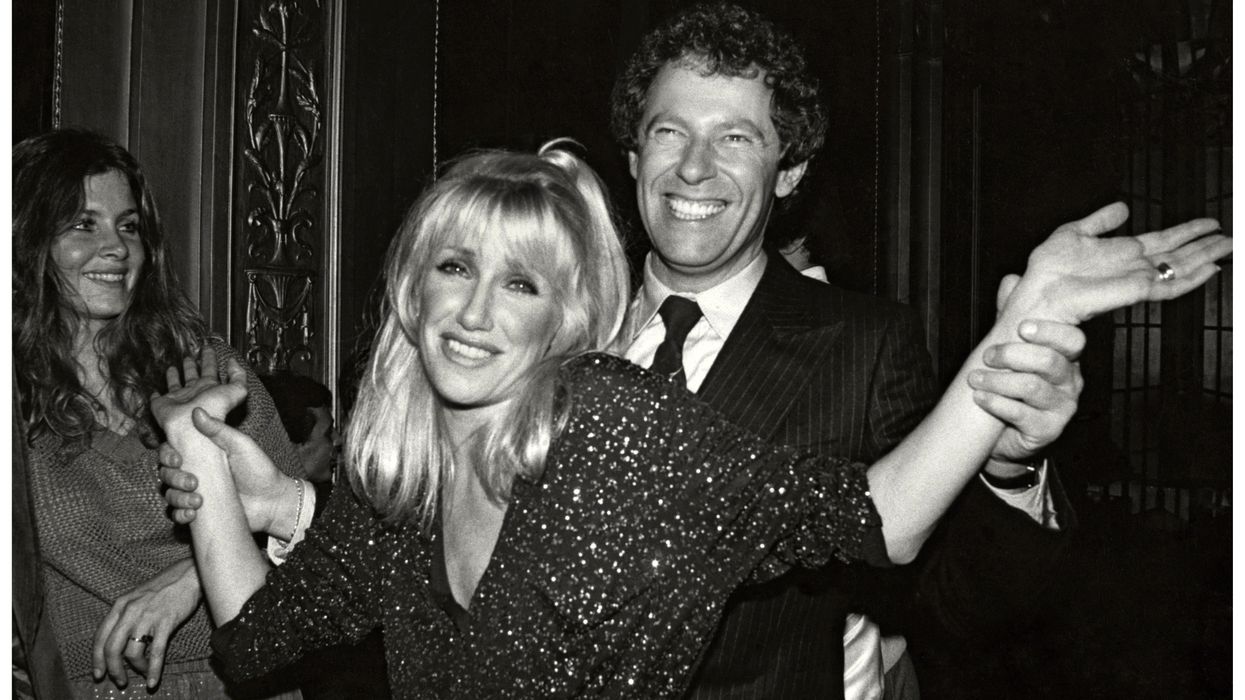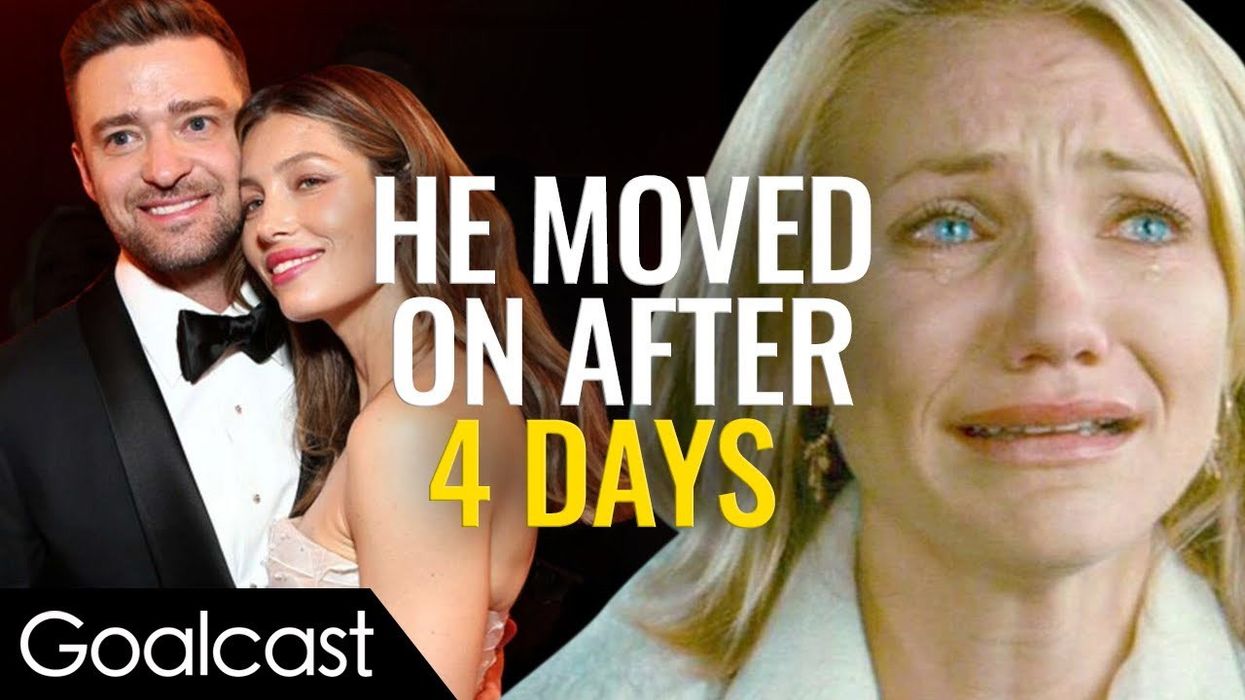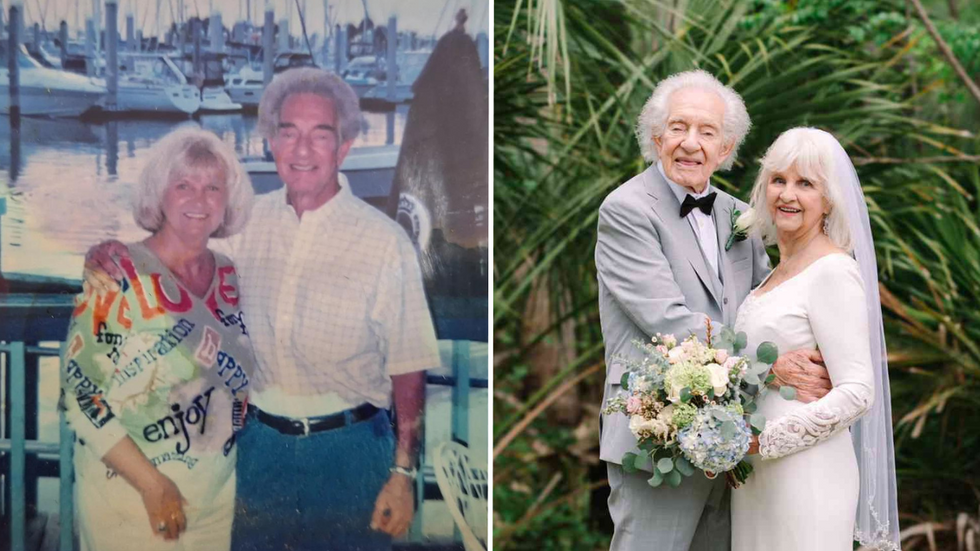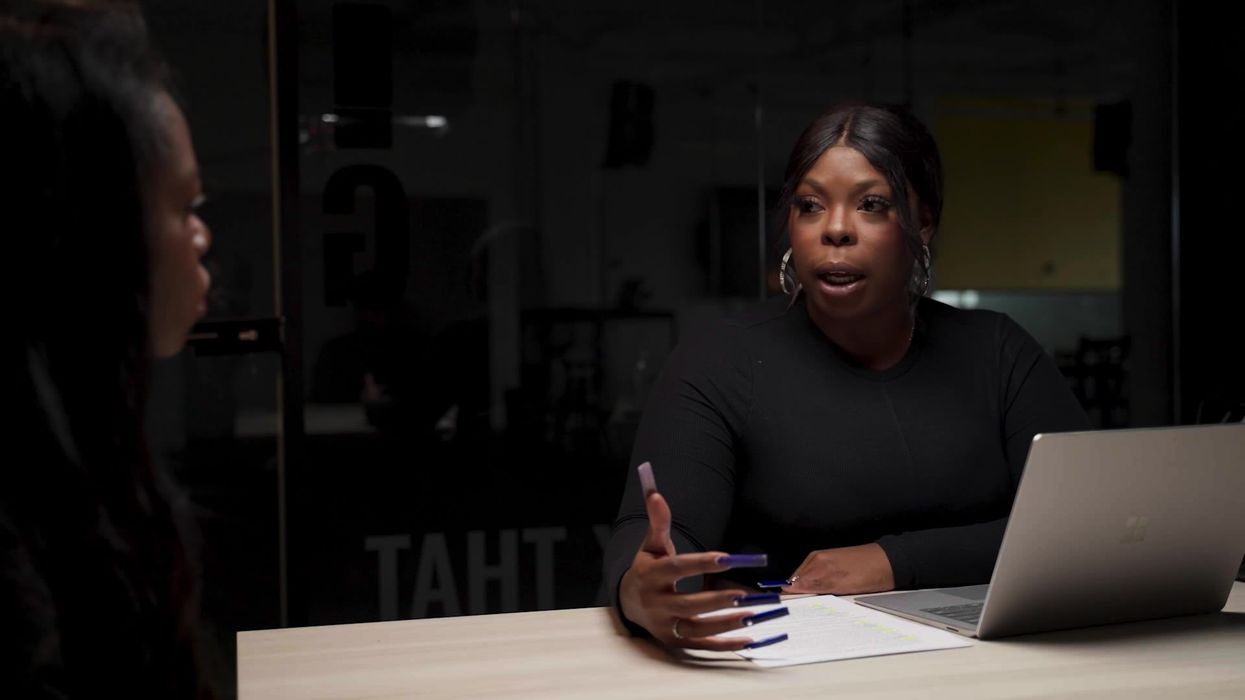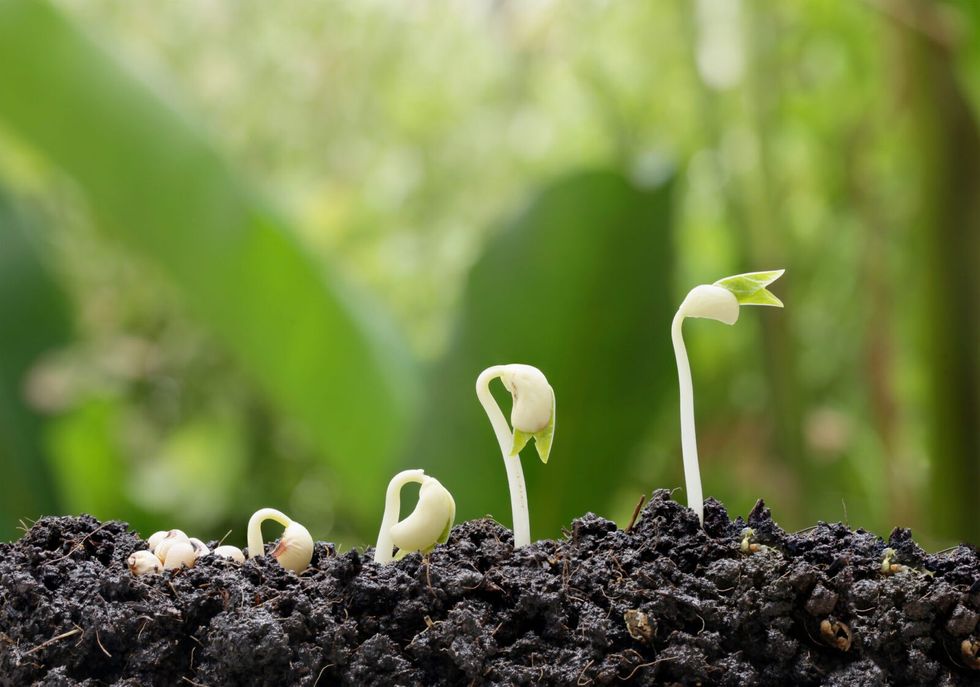
The Psychology of Habits: How to Become a Master of Change
Humans are creatures of habit. Think for a moment of your daily routine. If you are like 98% of human beings, your morning habits remain relatively unchanged, without any true variations from year to year. The other 2% are the very forward-minded people that change their habits constantly to maximize their success in life.
There are many reasons why humans might stick to their bad habits for so long; comfort, fear of failure, and the strength of a habit over time. Research shows that the longer the habit has been in effect, the harder it is to change. I'd like to argue, however, that humans have the ability to adapt to any and all kinds of change simply by replacing old thought habits with new and better ones. I believe that far from being incapable of change, we can all be masters of change, because we ultimately control our own habits.
The Psychology of Habits: How to Become a Master of Change
Every time you are tempted to react in the same old way, ask if you want to be a prisoner of the past or a pioneer of the future.- Deepak Chopra (more quotes)
Before we can change a habit, we must first know what habits are and how they are formed. By definition, a habit is "a behavior pattern acquired by frequent repetition or physiologic exposure that shows itself in regularity or increased facility of performance” (Merriam-Webster).
Anything that you think and do over and over again becomes a habit. According to research done at University College London, it takes on average 66 days for a new habit to form. On paper this seems quite feasible, yet it is easier said than done because of our human desire to remain in our comfort zones.
Take control of your mind
Due to human bias, it is extremely challenging to make new habits stick. The battle has to be won in the mind before it can be manifested in reality. Being aware of this human cognitive bias is crucial for creating the willpower necessary to change any habit you want; humans are not bound to anything, yet because of mental habits and perceptions, it often feels like we are.
The other conflict that gets in the way of creating new and better habits is the inability to consciously notice our own habits. Most people’s core beliefs and ideas about the self were developed at a young age, before they even developed the ability to consciously choose what they wanted to believe or how to interpret situations.
This is where memory plays an interesting role. Our memory is often distorted based on our current mindset, meaning that an event that had no significance when it occurred might gain a purpose within a new context or mindset.
The power of auto-suggestion
Thought habits that developed in adolescence, unless replaced with a better habit, probably still have an unconscious impact. One can begin to reprogram this thought pattern, however, by simply auto-suggesting a thought of desire and then training it like a habit, consciously sending positive thoughts to the subconscious mind.
An auto-suggestion is a conscious thought sent to the unconscious mind. Because thoughts are impulses and have a frequency of vibration, doing this over and over again can create a new thought habit; the same way a habit is formed on a surface level, it can be formed on a chemical level as well. Knowing this is fundamental in fighting through the uncomfortable part of change.
Use substitution to see through the resistance
Additionally, in order to adapt to change quickly it is immensely important to know that old habits do not just disappear, but are instead replaced by better ones. Habits cannot be easily replaced; the body and mind naturally know this and will at first resist.
It is believed that a lot of our bad habits as humans are caused by stress and boredom, and that these two elements directly affect the body and mind's resistance to new habits. This natural resistance has perhaps led the vast majorty of people to assume that change simply doesn’t last, which in turn leads them to resist it at all costs.
Just don't give up
Given these points, it is easy to see the challenges of replacing old habits, and the reluctance of people to embrace change. Change is a matter of patience, willpower and consistency practiced consciously for roughly 66 days, long enough for a habit itself to take over involuntarily.
This is important for us to understand, because the only thing standing between you and the person you are inspired to be are the habits you need to change.












